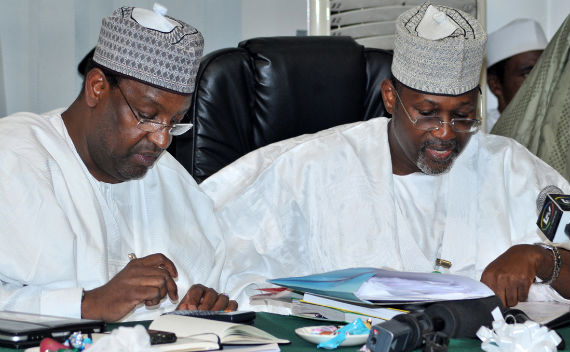Nigeria: Investigations Into Voting and Violence
More on:

It the aftermath of the presidential election in Nigeria, its federal authorities have initiated formal inquiries relating to charges of voting irregularities and, separately, the causes of election-related violence. If Nigerians see the inquiries as credible, it will be a crucial step forward.
The President Electoral Petition Tribunal, headed by Justice Ayo Salami, held its first formal meeting yesterday, and it will begin official hearings on May 23. The five member Tribunal will consider a petition from the Congress for Progressive Change (CPC), an opposition party that contests President Goodluck Jonathan’s April 16 victory in at least 20 states. The CPC seeks a new round of elections.
A separate panel comprised of 22 Nigerians will analyze the election-related violence. A highly regarded former Grand Khadi from Niger State, Ahmed Lemu, will lead the group. The stated goals of the six-week ’Lemu Panel’ are to determine the actual death toll from the violence (Human Rights Watch estimates 800 people were killed), calculate the total cost of the damage to private property as well as Christian and Muslim places of worship, and identify the root causes of the unrest.
Since 1999, over 15,000 people have been killed in religious, ethnic, and political violence in Nigeria—yet few have been arrested, indicted and convicted, thereby contributing to a general climate of impunity. The ‘Lemu Panel’ provides a new opportunity to address the violence and its perpetrators.
It likely will be months before the Tribunal and the ‘Lemu Panel’ issue their reports.
More on:
 Online Store
Online Store